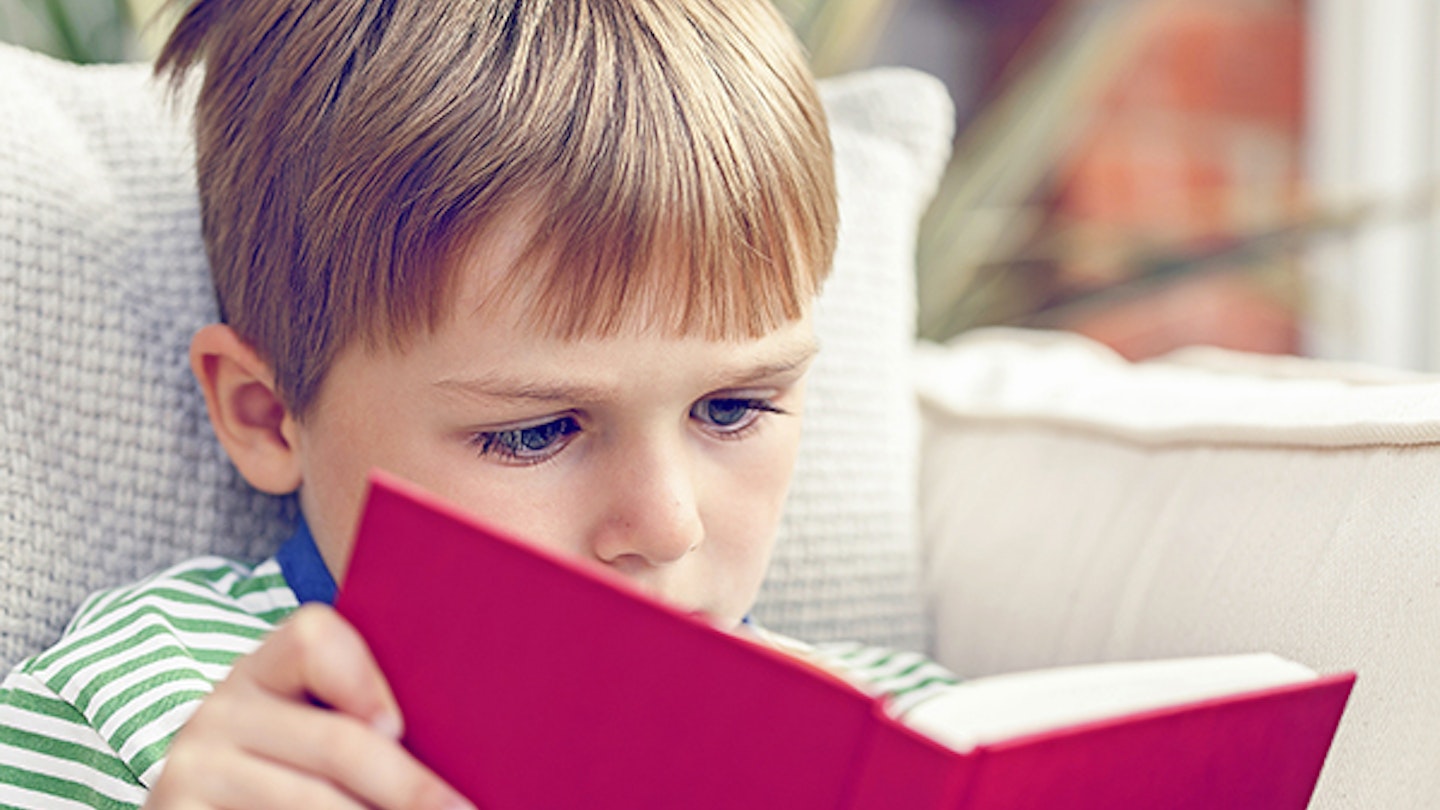Parents are being urged to get their children’s eyes tested, especially as so many of us missed routine eye appointments during lockdown
Failure to address vision problems or eye health issues as early as possible can lead to difficulties developing key abilities such as spatial awareness, motor skills, sensory development, communication and social skills. It can also affect education and learning at school or college.
Although young children may struggle to articulate if they’re having problems with their eyes, here are the warning signs to look out for…
- Does your child regularly rub their eyes or squint?
- Do they close one eye or try to obscure their vision on purpose when reading or looking at objects?
- Have they increasingly complained that their eyes hurt, especially when using screens or reading?
- Do they suffer from headaches or find it difficult to pay attention and focus when you’re interacting with them?
- Do they sit very close to the TV or hold screens or books very close to their face?
- Have they suddenly started to try to avoid doing certain things such as writing, homework or reading?
- Are they confused when they are reading, writing, drawing or carrying out other activities?
- Are they more sensitive to light than usual, or find that their eyes are watering excessively?
Eye examinations are available for free on the NHS for under-16s or anyone aged between 16 and 18 and in full-time education.
